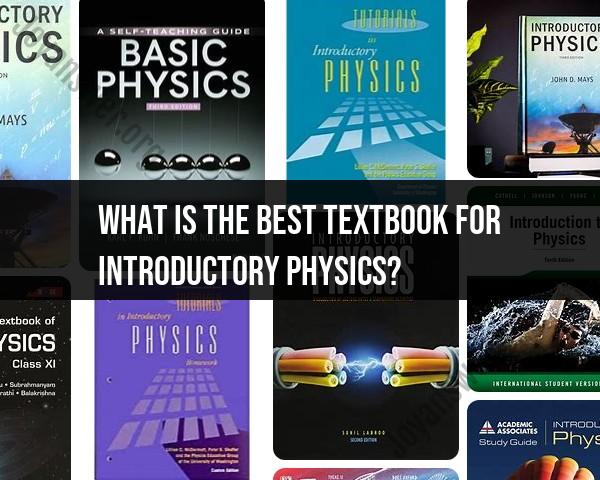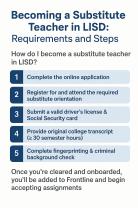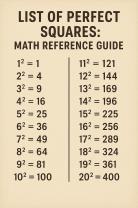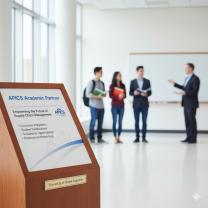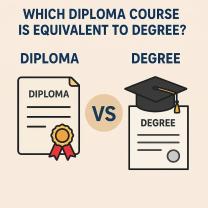What is the best textbook for introductory physics?
Several textbooks are highly regarded for introductory physics courses, catering to different teaching styles and levels of depth. Here are a few widely used and well-regarded options:
"Physics for Scientists and Engineers" by Douglas C. Giancoli: Known for its clear explanations, illustrations, and a comprehensive approach suitable for students with varying mathematical backgrounds. It covers various topics in mechanics, thermodynamics, electromagnetism, optics, and modern physics.
"Fundamentals of Physics" by David Halliday, Robert Resnick, and Jearl Walker: This book is praised for its depth and clarity. It covers classical physics in detail, emphasizing problem-solving techniques and providing a solid foundation for future courses in physics.
"University Physics with Modern Physics" by Hugh D. Young and Roger A. Freedman: This textbook combines classical physics concepts with modern physics, making it suitable for introductory courses covering a broad range of topics. It includes real-world applications and numerous practice problems.
"Physics: Principles with Applications" by Douglas C. Giancoli: Another textbook by Giancoli, focusing more on conceptual understanding and real-world applications, making it accessible for students without an extensive math background.
"The Feynman Lectures on Physics" by Richard P. Feynman: While not a traditional textbook, Feynman's lectures are revered for their clarity, depth, and engaging style. They cover various physics topics with a unique approach that emphasizes understanding over formula memorization.
The best textbook for an introductory physics course often depends on the teaching style of the instructor, the mathematical background of the students, and the specific topics covered in the course. It might be helpful to check the syllabus or consult with the course instructor to determine the most suitable textbook for your needs. Additionally, exploring different textbooks or supplementary materials can provide a more comprehensive understanding of the subject.
Selecting the ideal introductory physics textbook
Choosing the ideal introductory physics textbook depends on several factors, including your:
1. Background and learning style:
- Prior knowledge: Are you a complete beginner, or do you have some high school physics background?
- Learning style: Do you prefer a math-heavy approach, conceptual explanations, or a mix of both? Do you enjoy visuals, interactive elements, or traditional problem-solving?
2. Course goals and content:
- Course type: Is it a general introductory physics course, or does it focus on specific areas like mechanics or electricity and magnetism?
- Textbook alignment: Does the book's content and level of difficulty match the course syllabus and the professor's teaching style?
3. Budget and accessibility:
- Price: Textbooks can range from affordable to expensive. Consider used copies, ebook options, or library rentals if budget is a concern.
- Accessibility: Are there online resources, practice problems, or solutions manuals available to supplement the book?
Here are some popular introductory physics textbooks categorized by learning style:
Conceptual:
- "Physics for Scientists and Engineers: A Strategic Approach" by Randall D. Knight: Renowned for its clear explanations and engaging narrative.
- "The Physics Book: Big Ideas Simply Explained" by DK: Combines stunning visuals with accessible explanations of complex concepts.
Math-heavy:
- "University Physics with Modern Physics" by Young and Freedman: A classic text with a rigorous approach and extensive problem sets.
- "Physics for the Life Sciences and Health Professions" by Giancoli: Geared towards pre-med students, emphasizing applications in biology and medicine.
Interactive:
- "Physics for the Curious" by Donald U. Bell: Blends conceptual explanations with hands-on activities and experiments.
- "Interactive Physics" by Hewitt and Suchocki: Features online simulations and animations to bring physics concepts to life.
Additional tips:
- Read reviews: Check online reviews from students and instructors for different textbooks to get a sense of their strengths and weaknesses.
- Browse sample chapters: Many publishers offer free previews of the first few chapters to get a feel for the writing style and content depth.
- Ask your professor: They might have specific recommendations based on their teaching style and course expectations.
Remember, the "ideal" textbook is the one that best suits your individual learning needs and preferences. Don't hesitate to explore different options and find the one that sparks your curiosity and helps you grasp the wonders of physics!
I hope this helps! Let me know if you have any other questions about choosing a textbook or specific physics topics you're interested in.
